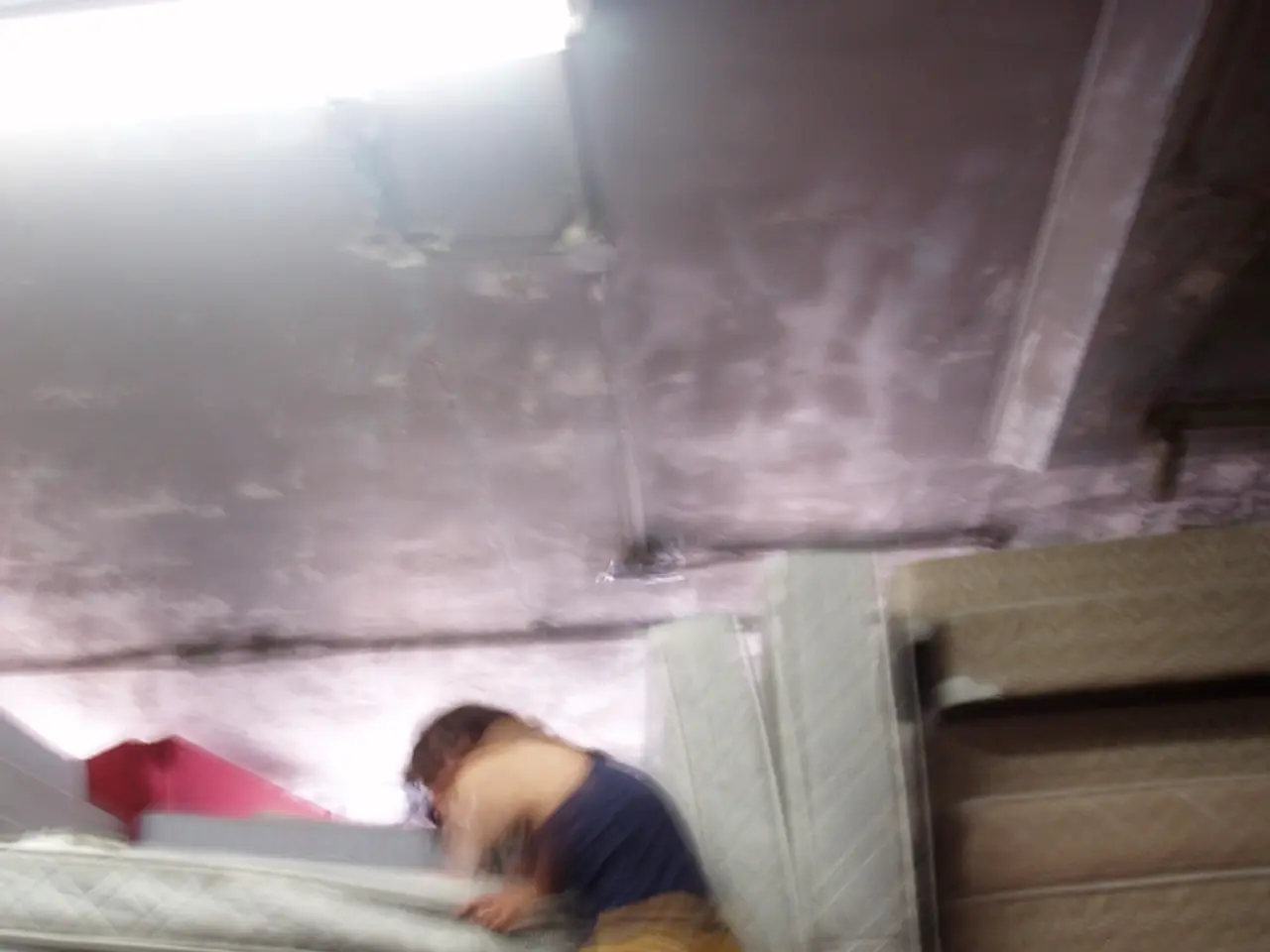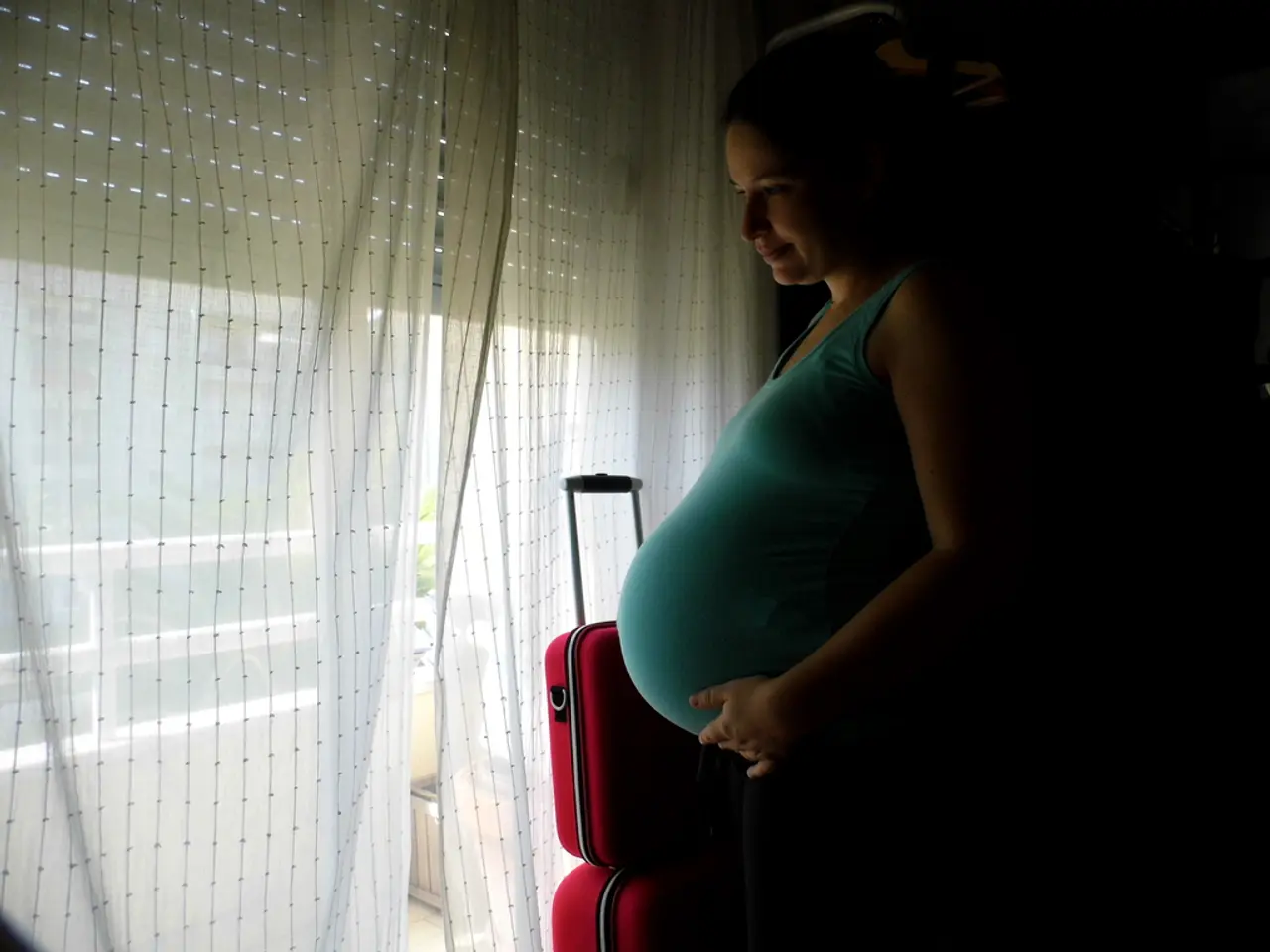Enhancing Sexual Desire in Women: Strategies for Boosting Libido
In the realm of personal relationships, a low libido can sometimes leave individuals feeling lonely, frustrated, and unfulfilled. It's essential to remember that this isn't a reflection on the individual or their relationship.
Different people have different preferences in their sex lives, and what's normal for one person might not be the same for another. A low libido can be caused by a variety of factors, ranging from physical changes and new medications to health issues, emotional struggles, or no obvious reason.
Dr. Zanotti, an Ob/Gyn, emphasizes that low sexual desire is often multifactorial and requires investigation of causes. She advises that discussing changes in libido with primary care physicians and women's health specialists is common and encouraged.
Talk therapy can help address psychological barriers to sexual desire, especially if they are connected to social, emotional, interpersonal, or mental health concerns. Mental health professionals and sex therapists can help manage stress, anxiety, depression, or trauma that affect sexual desire.
Medication, along with seeing a sexual therapist, can be very helpful for various sexual dysfunction issues. FDA-approved medications such as flibanserin (Addyi) and bremelanotide (Vyleesi) are options for increasing libido. Flibanserin is a non-hormonal medication taken daily that modulates brain neurotransmitters serotonin and dopamine, improving libido in premenopausal women with hypoactive sexual desire disorder. Bremelanotide is another FDA-approved option for women under 59.
Hormone therapies, such as transdermal estradiol and testosterone therapy, can also be effective. Transdermal estradiol has shown significant improvement in sexual function domains such as lubrication and pain in postmenopausal women. For women who do not respond sufficiently to estrogen, testosterone therapy via patches or gels can be added to enhance libido.
Vaginal dryness can contribute to low sexual desire and may be relieved with vaginal estrogen or a vaginal DHEA suppository.
It's important to remember that every individual is unique, and the approach to increasing libido will depend on the reasons for decreased sexual interest. Combining hormonal, pharmacological, and psychological approaches often yields the best results.
Additional options can include pelvic floor physical therapy to improve muscle tone and blood flow and lifestyle or relationship strategies. Herbal supplements exist but have inconclusive evidence and should be supervised by a healthcare provider.
Professional evaluation is crucial in finding effective treatment options and tailoring them to the individual's needs. It's always a good idea to consult with a healthcare provider before starting any new treatment.
Cleveland Clinic, a non-profit academic medical center, is a valuable resource for those seeking expert advice and treatment options for low libido.
- Engaging in music may help improve one's emotionalstate, potentially fostering better relationships and reducing frustration related to low libido.
- Pursuing health-and-wellness practices, such as regular exercise, balanced diet, and stress management techniques, can contribute to overall health and sexual-health, thereby potentially increasing libido.
- Women experiencing womens-health issues like low sexual desire may find relief through science-backed solutions, such as FDA-approved medications like flibanserin and bremelanotide, hormone therapies like transdermal estradiol and testosterone, or vaginal treatments like estrogen or DHEA suppositories.




